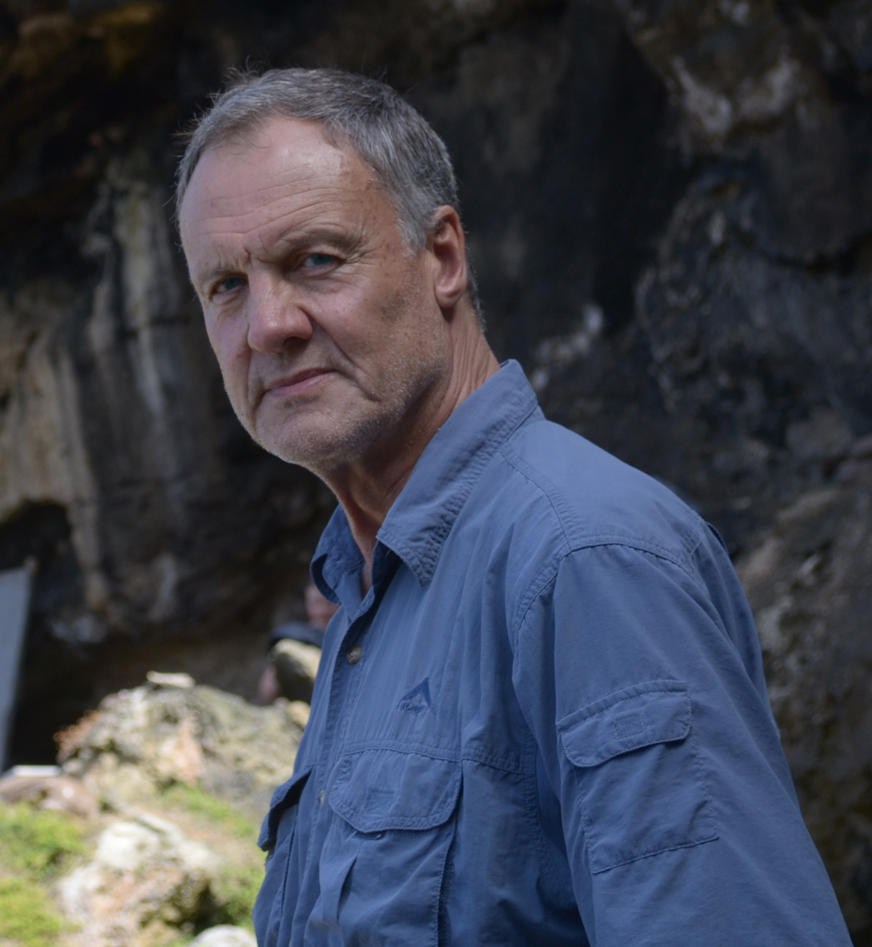A museum to highlight Africa as the birthplace of mankind
The Blombos Cave in South Africa has given us vast knowledge about our early ancestors. Professor Christopher Henshilwood is working to set up a museum near the archaeological site, highlighting Africa as the birthplace of mankind.

Main content
Since its discovery in the early 1990s, the Blombos Cave, about 300 kilometres east of Cape Town, South Africa, has yielded important new information on the behavioural evolution of the human species. The cave site was first excavated in 1991 and field work has been conducted there on a regular basis since 1997 – and is on-going. Blombos contains deposits currently dated at between 100,000 and 70,000 years before our time, and a Later Stone Age sequence dated as between 2,000 and 3000 years old.
Reconciling past and present
Christopher Henshilwood, Professor at the University of Bergen (UiB) and University of the Witwatersrand, discovered the cave and has been the leader of the excavations and research. Now, he is planning a museum, including an education programme and craft centre, near the site.
The museum will be made with children especially in mind, and use the prehistory and the recent past of the Southern Cape region to act as a mediator that will help reconcile people’s present and their past.
Our African origins
“A central focus is to highlight Africa as the birthplace of mankind, as the place where early human behaviour and possibly spiritual beliefs first evolved. It is the origin of all living peoples,” says Henshilwood.
He and his partners are working with the voluntary assistance of leading museum designers on plans for the museum.
“It will be an excellent concept museum, very high tech. I believe the project will help break down present conceived boundaries based on culture, religion and race and install a new sense of pride in our common African origins,” says Henshilwood.
